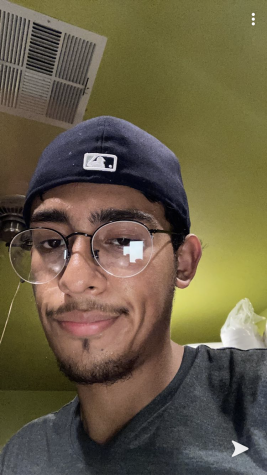How Halloween came to be
November 2, 2020
Halloween has not been around for as long as you might have imagined, and it is actually a tradition that has come from overseas. Have you ever wondered why we dress up in costumes, why is the last day of October named such a mischievous way, or why we ask the infamous question ¨trick or treat¨ after knocking at strangers doors? Well after reading this article, you will know the answers to these questions and even more.
The word Halloween comes from the words Hallow (holy person) and een which is another word for eve. The tradition of Halloween can be traced back all the way to The Iron Age with the Ancient Celctic with their annual festival of Samhain on October 31, where they would light bonfires to celebrate the dead and rebirth. They would wear costumes to hide from the unfriendly ghosts and would carve out pumpkins to use as lanterns.
After the Roman empire took over Christianity spread through the Celtic lands, forcing the Celtics to evolve or completely remove their traditions. The Celtic traditions had spread relatively quickly throughout Europe and had become popular, but the catholic church was not a big fan of it. The catholic church made Nov. 1 All Saints Day in an attempt to replace the Celtic holiday, yet All Saints Day never replaced it. The day before Oct. 31 known as All Saints Day did.
During the early 1900s Irish immigrants came to the United States, bringing with them their traditions, one of them being Halloween. The tradition would quickly spread mostly with teens and kids. The children would make pranks to their local cities on this day, and they would wear masks so they would not be caught. During the mid 1900s the pranks would turn into more vandalism instead of friendly pranks. Eventually the home owners started offering candy to the children, so they would not vandalize their property. Surprisingly enough it worked, and children, as a custom, would knock on doors asking the infamous words “Trick Or Treat,” trick being vandalism and treat being the candy.

